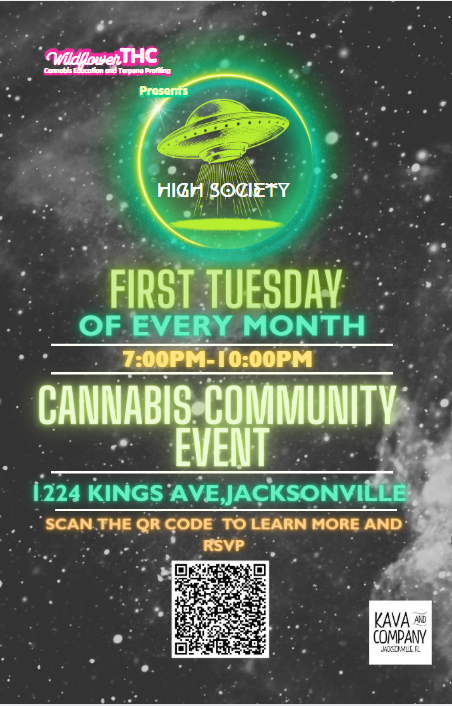The legislation acknowledges the continued classification of marijuana as a controlled substance under federal law, allowing employers to avoid actions that could jeopardize federal funding.
Despite growing concern over unregulated hemp-derived intoxicants like delta-8 THC, the Florida House and Senate ended the legislative session without agreeing on a unified framework to control the state’s booming market for high-potency hemp products. The 60-day session concluded Friday, April 26, with no resolution in sight.
Competing bills stall
House and Senate leaders clashed over competing bills that sought to bring structure to the loosely regulated hemp sector, where consumable products often rival or exceed the potency of legal medical marijuana.
Rep. Michelle Salzman, a Pensacola Republican who led the House workgroup on hemp, introduced two measures: HB 7027 focused on product policy, and HB 7029 addressed taxation. The Senate, meanwhile, advanced a single bill, SB 438, sponsored by Sen. Colleen Burton, R-Lakeland.
Differences between the bills proved too deep to reconcile before the legislative deadline. The Senate’s version included a ban on synthetic hemp compounds, restrictions on outside advertising, and tighter caps on THC content. The House proposals, while focused on consumer safety, took a softer stance on those key provisions.
“While the House made significant progress… we were ultimately unable to align with the Senate version,” Salzman said. “We look forward to continuing this work in future Sessions.”
Targeting child safety
Some reforms did take effect independently of legislative action. New Florida Department of Agriculture rules now require child-resistant packaging for consumable hemp products and mandate QR-code labeling that links to lab results and product information.
The rules are aimed squarely at keeping intoxicating hemp out of the hands of minors and curbing cartoonish or candy-style packaging that critics say targets children.
Stronger Job Protections for Public Employees Using Medical Marijuana
Dr. Mitchell Pellecchia
The legislation acknowledges the continued classification of marijuana as a controlled substance under federal law, allowing employers to avoid actions that could jeopardize federal funding. However, SB 142 directs employers to reasonably accommodate medical marijuana users unless doing so would pose safety risks or cause undue hardship.
Across the country, states are taking varied approaches to employee protections. California, New York, Connecticut, Nevada, and Virginia have enacted laws that shield employees from discrimination based on legal off-duty marijuana use, especially for qualified medical patients. New York and California, for instance, prohibit most employers from testing for marijuana or taking action based on off-duty use. Meanwhile, Colorado maintains employer discretion to terminate employees for marijuana use, even when permitted under state law.
In Florida, no specific statewide protections for public employees currently exist, although recent court rulings hint at a shift toward recognizing accommodation rights. Senator Tina Polsky and her staff are closely monitoring any potential federal changes, including the possible reclassification of marijuana from a Schedule I to a Schedule III drug, which could further influence Florida’s employment landscape. SB 142 is now assigned to the Senate Health Policy, Governmental Oversight and Accountability, and Rules committees for review.
Updated Daily

